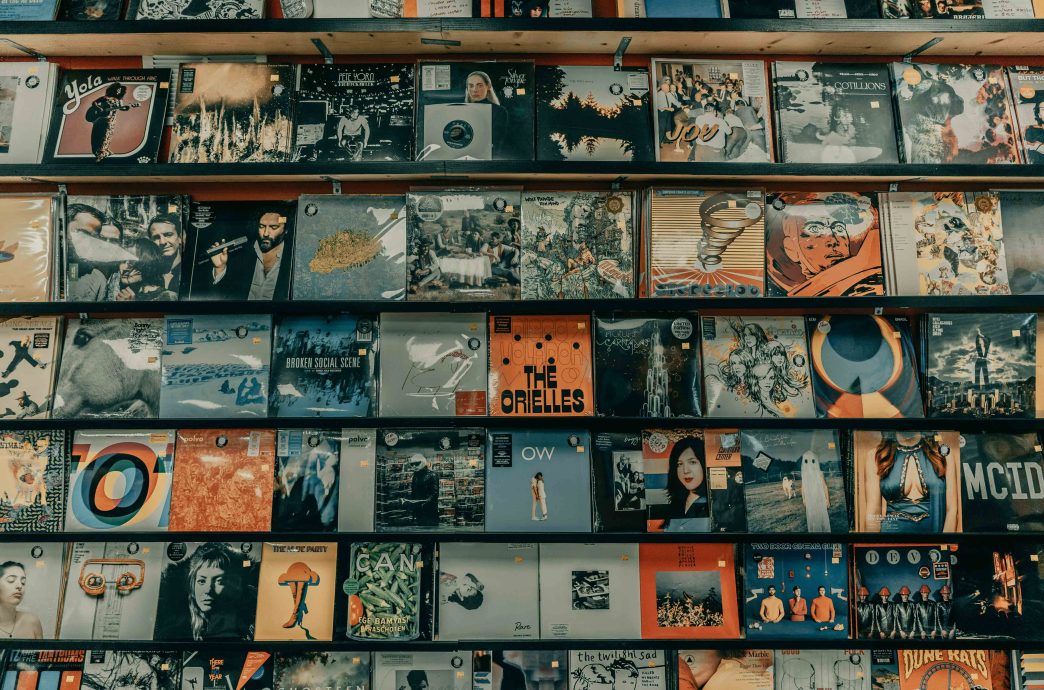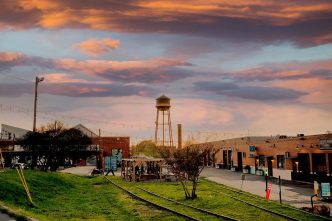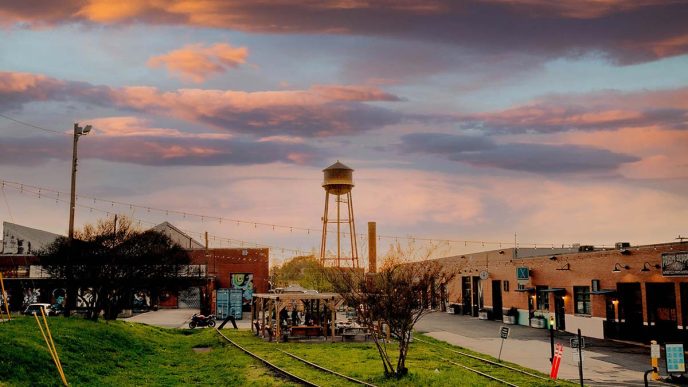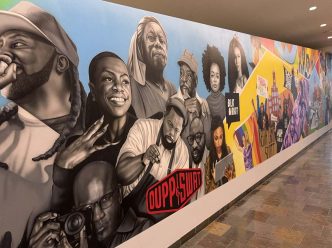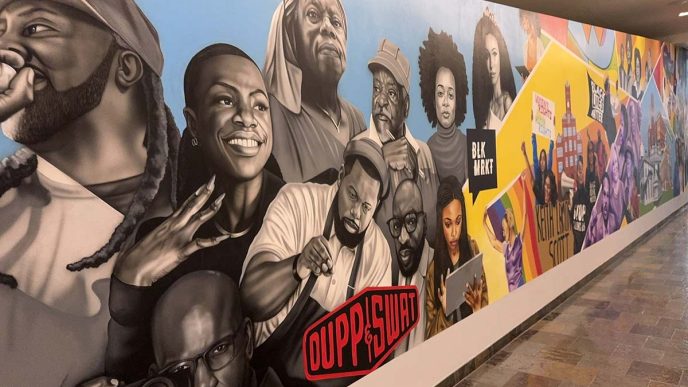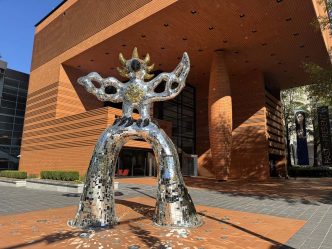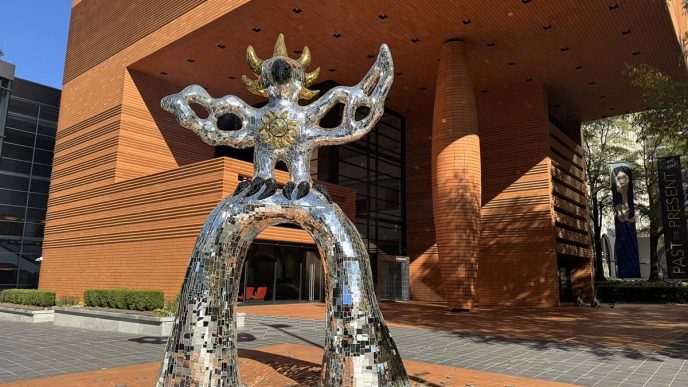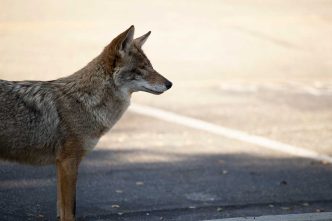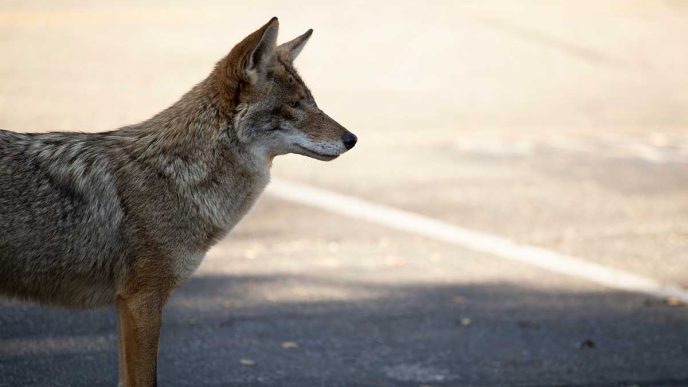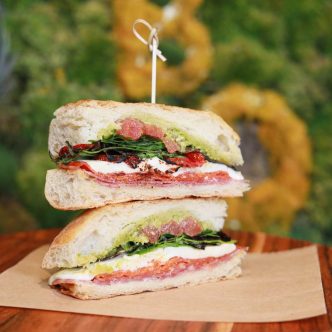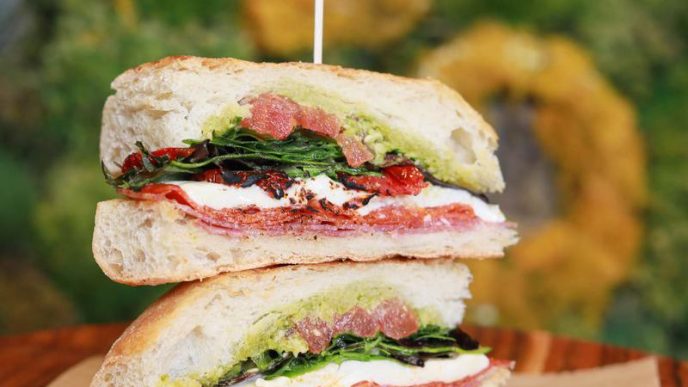You can hear a city’s soul in its music. And Charlotte? Well, she’s got stories to tell.
Growing up here, I’ve watched our soundtrack shift like the skyline—from twangy bluegrass whispers to hip-hop beats that rattle car windows. This isn’t just about music. It’s about how a city finds its voice.
Roots and Airwaves: The Quiet Before the Storm
Before Charlotte became the banking behemoth it is today, our soundtrack was pure Appalachia. Picture this: bare wooden porches, old men with calloused hands picking banjos, fiddle strings vibrating with generational memories. WBT radio was our musical lifeline, broadcasting local talent across the Carolinas when most folks didn’t venture beyond their county lines.
My grandfather would sit by the radio on Saturday nights, the static-laced broadcasts bringing the world a little closer. Country tunes, gospel harmonies—these weren’t just songs. They were our community’s heartbeat.
Rock Arrives: The Milestone Club and Rebellion
Then came the electric guitar. Good Lord, everything changed.
The Milestone Club on Central Avenue wasn’t just a venue. It was a temple of rebellion. Sticky floors, that perpetual smell of stale beer, and musicians who played like their lives depended on it. Local bands would take that tiny stage and transform it into something magical—raw, unfiltered, pure Charlotte attitude.
I remember talking to an old roadie who swore the walls of the Milestone could tell more stories than most history books. Punk, rock, alternative—this was where Charlotte’s misfits and dreamers found their tribe.
Hip-Hop: The Underground Revolution
The late ’80s and early ’90s brought a different rhythm. In neighborhoods like Hidden Valley and along Beatties Ford Road, hip-hop wasn’t just music—it was survival. Basement cyphers, hand-dubbed cassette tapes, young artists telling stories that mainstream media ignored.
This wasn’t about chart-topping hits. This was about community. About creating something real when the world wanted to write you off. Artists like Lute and Deniro Farrar weren’t just making music; they were documenting a moment, a movement.
Today’s Musical Landscape
Now? Charlotte’s musical identity is wonderfully messy. One night you might catch indie folk at The Evening Muse, the next be blown away by blues at Petra’s Piano Bar. Our breweries have become impromptu concert halls, our neighborhoods pulse with different rhythms.
The Struggle and the Hope
It’s not all romantic. Rising costs threaten our creative spaces. Many artists struggle to find affordable housing, let alone studio time. But that’s always been part of the musical journey—making art despite the obstacles.
A Living, Breathing Soundtrack
Charlotte’s music scene isn’t a museum piece. It’s alive, constantly reshaping itself. From Appalachian string bands to hip-hop innovators, we’ve always been more than people expected.
Our soundtrack? It’s still being written. And trust me, it’s going to be loud.

